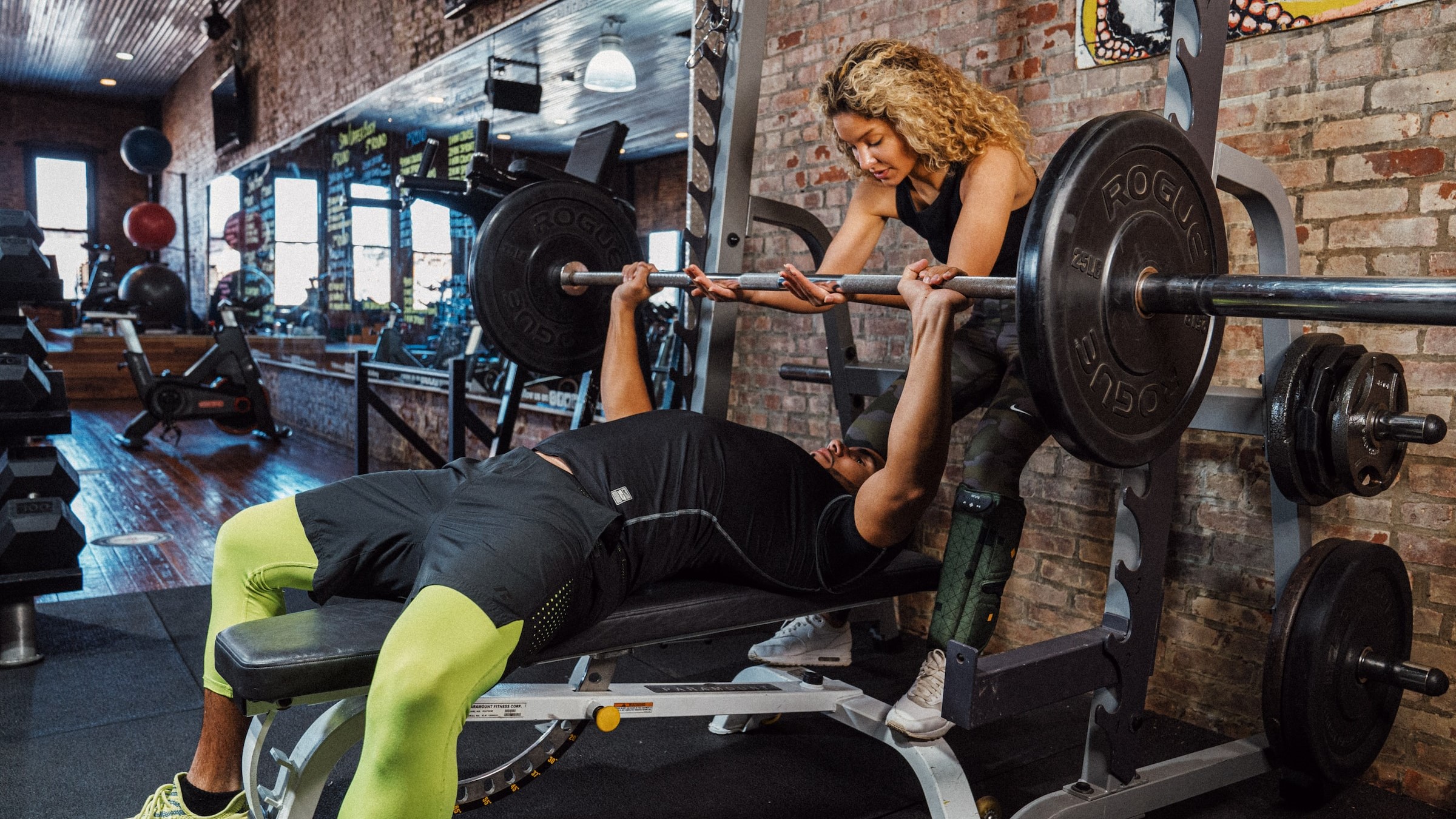Sleeping in an odd position

Your choice of sleeping position significantly impacts your shoulders. Sleeping on your stomach or with an unsupportive pillow can misalign your shoulders during the night. For instance, stomach sleeping often leads to twisting of the neck and shoulders, resulting in discomfort upon waking. To promote better shoulder health, consider sleeping on your back or side with proper pillow support.
Carrying a heavy bag on one shoulder

Carrying a heavy bag or backpack on one shoulder can lead to shoulder strain and discomfort. Over time, this uneven load distribution can cause muscle imbalances and even postural issues. For instance, lugging a laptop bag on one shoulder daily can lead to chronic tension in the trapezius muscles, resulting in nagging shoulder pain and discomfort.
Overhead activities like painting

Repetitive overhead movements, such as painting a ceiling or reaching for high objects on a regular basis, can stress shoulder joints and tendons. For example, a painter who frequently reaches overhead without proper support may develop shoulder impingement syndrome, causing pain and limited range of motion.
Poor posture when sitting at a desk or using your phone

Maintaining poor posture, such as slouching at your desk or hunching over while using your phone, can cause undue stress on your shoulders. For example, constantly craning your neck to look down at your phone screen can lead to a condition known as text neck, causing not only shoulder pain but also neck and upper back discomfort.
Repetitive mouse usage while gaming

Extended periods of using a computer mouse without breaks can strain shoulder muscles, especially if your workstation is not ergonomically optimized. For example, gripping the mouse too tightly or holding your arm in an awkward position can lead to shoulder tension and discomfort. This is especially prevalent in gamers.
Carrying heavy grocery bags

Carrying heavy grocery bags on one side can strain your shoulder muscles. When you load all the bags onto one arm, it creates an imbalance and can lead to discomfort and pain in that shoulder. To mitigate this, consider distributing the weight more evenly or using a shopping cart.
Playing musical instruments

Musicians who dedicate hours to instruments like the violin or guitar frequently find themselves maintaining static shoulder positions for extended periods. The sustained strain can result in conditions known as violinist’s shoulder or guitarist’s shoulder. These conditions manifest as pain, inflammation, and even structural issues due to the repetitive and unchanging movements involved in playing.
Pushing yourself too hard at the gym

While exercise is generally beneficial, improper form or lifting heavy weights without proper warm-up can strain your shoulder joints and muscles. For example, incorrectly executing overhead presses or bench presses can lead to shoulder injuries, including rotator cuff strains. Going too hard at the gym can have long-term negative effects on your shoulders.
Carrying toddlers on the same hip all the time

The act of frequently carrying a toddler on one hip may create shoulder imbalances and discomfort. This repetitive action places a strain on the shoulder where the child is consistently held, resulting in muscle fatigue and discomfort. Over time, this can lead to persistent pain and may require adjustments in carrying techniques to prevent shoulder strain.
Waiting too long to get a problem fixed

Ignoring early signs of shoulder discomfort, such as a mild ache or tightness, can lead to more severe issues. It’s essential to address these warning signals promptly through rest, stretching, or seeking professional advice, so you might prevent the development of chronic shoulder problems that may require extensive treatment.